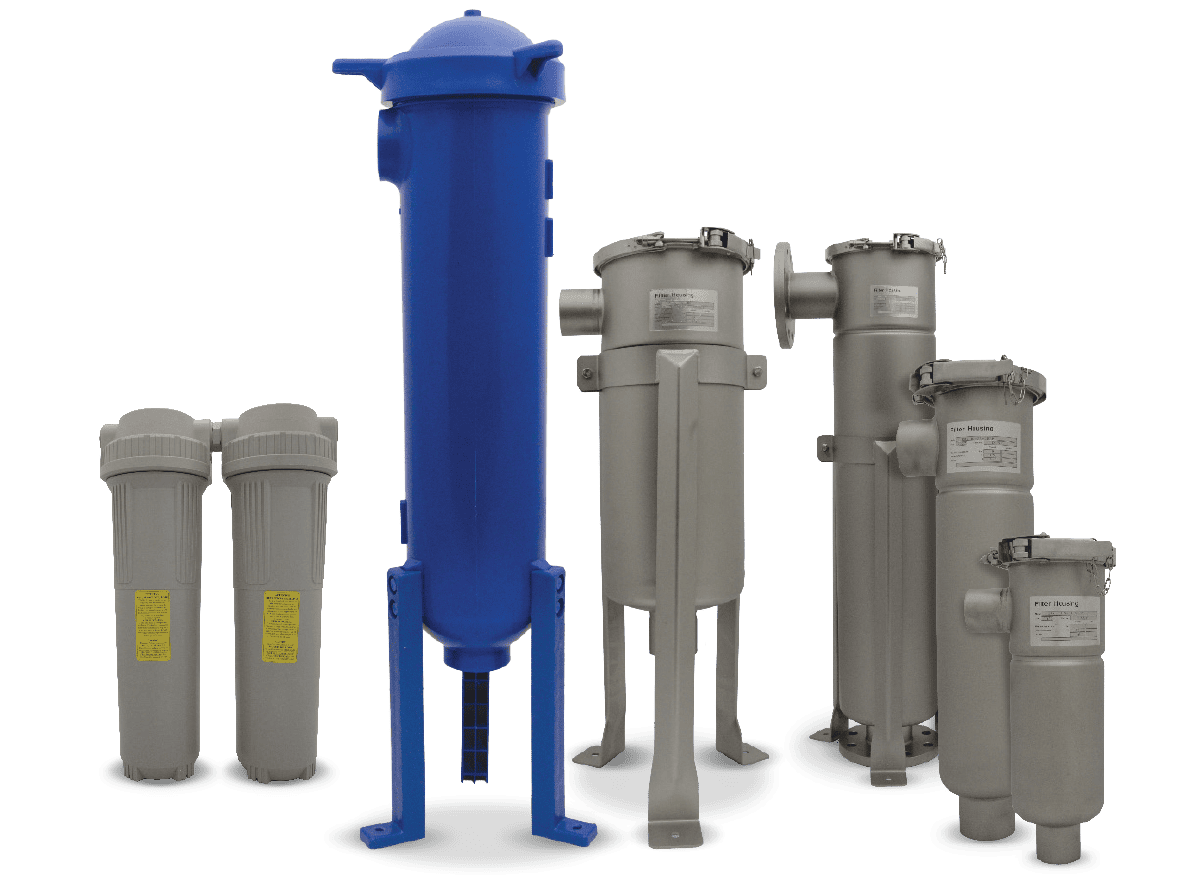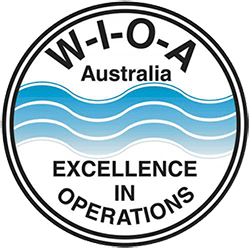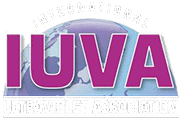Polypropylene Water Treatment Systems
Plunge into the pioneering potential of polypropylene with UV Guard’s polypropylene water treatment systems!
Whether for your home or business, we offer diverse solutions to meet all your water purification needs.
Our innovative polypropylene water treatment systems will transform your daily water use, providing unparalleled sustainability and efficiency.
What Is a Polypropylene Water Treatment System?
A polypropylene water treatment system is a filtration system designed to clean and purify water. Made from polypropylene, a strong and durable plastic, these systems are great for handling various water types, including harsh or contaminated water.
Water passes through a series of filters made of polypropylene fibres, which trap and remove impurities, such as dirt, chemicals, and some bacteria.
The result? Cleaner, safer water for your home or business.
As well as purifying your drinking and cooking water at home, these systems are especially beneficial if you live in an area where water quality might be compromised or your home relies on well water, which can be prone to contamination.
In commercial settings, polypropylene water purification systems ensure a consistent, clean water supply essential for health, hygiene, and some manufacturing operations.
What businesses in particular benefit?
- Offices
- Hotels
- Restaurants
- Manufacturing plants
- Agricultural processing
- Hospitals and healthcare facilities
The Power of Polypropylene Water Purification Systems
- 1Durability and longevity: Polypropylene is a tough material that resists wear and tear, meaning these systems are durable and have a long lifespan. This makes them a cost-effective choice in the long run.
- 2Chemical resistance: Polypropylene is resistant to many chemicals, making these systems suitable for treating various water types, including those with harsh or corrosive elements.
- 3Low maintenance: These systems are generally easier to maintain than others. The filters need regular replacement, but overall maintenance is straightforward.
- 4Effectiveness: Polypropylene filters efficiently remove a wide range of contaminants, including small particles.
- 5Cost-effectiveness: Often, these systems are more affordable than other complex water treatment options, making them accessible for both residential and commercial users.
- 6Environmentally friendly: Polypropylene is a recyclable material, and the systems are designed to be energy-efficient.
How Does UV Guard’s Polypropylene Water Treatment System Work?
Here at UV Guard, we have filters that use polypropylene cartridges or polypropylene bags. Both serve to purify water but in distinct ways.
The cartridge system uses densely packed polypropylene fibres in cartridges to trap fine particles like sediment and rust, making it ideal for finer filtration.
The bag system employs a polypropylene bag as a sieve, capturing larger particles and sediments, suitable for more preliminary filtration.
Here's a breakdown of each system's benefits and features.
Maintenance and Lifespan
Cartridge system: Typically requires more frequent replacement of cartridges, especially in areas with high sediment levels. However, the replacement process is usually straightforward.
Bag system: The bags can often be cleaned and reused, depending on the type of contaminants. This can make them more cost-effective over time for larger particle filtration.
Application Suitability
Cartridge system: Ideal for residential and commercial settings where water clarity and the removal of finer particles are important, such as in drinking water systems.
Bag system: Commonly used in industrial or commercial applications where larger particle removal is needed, such as in processing plants or as a pre-filtration step.
Installation and Space Requirements
Cartridge system: Generally compact and can be easily incorporated into existing plumbing systems.
Bag system: Requires more space, so is typically more suitable for settings where larger filtration units are feasible.
Cost Implications
Cartridge system: While the initial investment might be higher due to the complexity of the filters, it offers superior filtration for finer particles.
Bag system: Lower initial costs and the reusability of bags can make it more economical for large particle filtration.
Now let's take a closer look at UV Guard's polypropylene cartridge and bag filters.
WF-Series™
The WF-Series™ consists of cartridge and bag water filter systems to suit small and large flow rates.
What are the benefits of this series?
- Multiple models to suit a range of residential and commercial applications.
- Easy to install with a small footprint and standard connection types.
- Quick maintenance with minimal operation disruption.
And what are the specific features of each polypropylene filter type in this series?

Polypropylene cartridges:
- Robust polypropylene water filter housings.
- Double o-ring seal to withstand higher pressures.
- 1" BSP connections.
- 10" and 20" housing sizes for flow rates from 3-6 m3/hr.
- Install in series for 2-stage and 3-stage configurations on a stainless steel bracket.
Polypropylene bags:
- Durable polypropylene bag water filter housing.
- Ideal for saltwater or water containing corrosive chemicals.
- Easy bag filter removal screw top with mounting legs.
- 2" BSP or flange connections.
- Flows for up to 18 m3/hr.
Combining Polypropylene Water Treatment and UV Disinfection
Integrating polypropylene water treatment systems with UV (ultraviolet) disinfection creates a comprehensive water purification process that targets both physical and biological contaminants.
Both methods are physical processes that do not rely on chemicals, making the treated water safer and more eco-friendly.
Here's how these two methods work together:
- Initial filtration. Water passes through a polypropylene filter to remove physical impurities like sediment, rust, and other particles. This step is crucial as it clears the water of substances that could shield harmful microorganisms from the UV light in the next step.
- UV disinfection. Next, the water is exposed to UV light, which penetrates harmful pathogens and destroys their DNA, rendering them harmless. This method inactivates bacteria, viruses, and other microorganisms that can cause illness.
FAQs About Polypropylene Water Treatment Systems
Embrace the Future of Water Disinfection With Polypropylene Systems From UV Guard
Do you need a residential polypropylene water treatment system so your family has access to clean, healthy water? Or an industrial polypropylene water treatment system to support your business's high water demands?
Experience enhanced water clarity and safety with dependable, eco-friendly polypropylene filtration.
But why not take water purification a step further by integrating polypropylene filters with UV disinfection systems?
While polypropylene filters trap and remove physical impurities like dirt, sediment, and rust, combining this mechanical filtration with the antibacterial power of UV light results in a system that addresses both physical and biological contaminants. This powerful combination is ideal for any setting, from residential homes to commercial enterprises.
Interested in transforming your water treatment approach? We're ready to help you find the perfect water treatment solution. Fill out this online form, and we'll be in touch soon!
Get in touch
This website has lots about us. But it’s your needs that matter most. Let’s talk.
Newsletter
Stay up-to-date with our very latest news, technology, offers and events.






